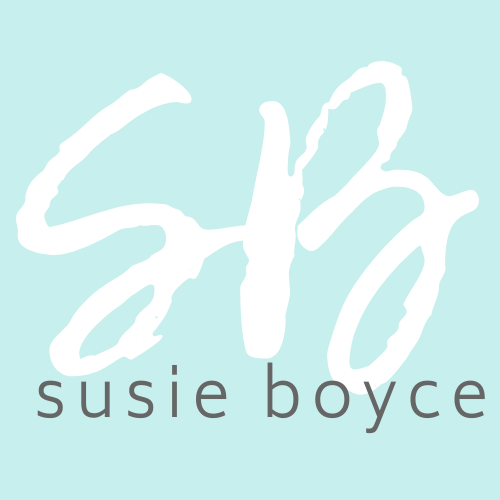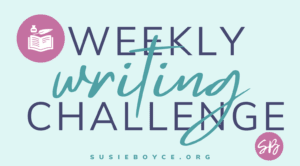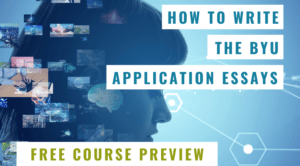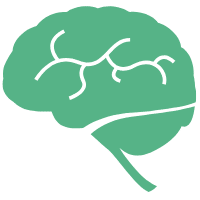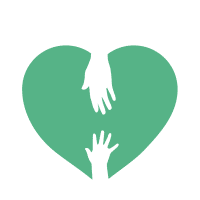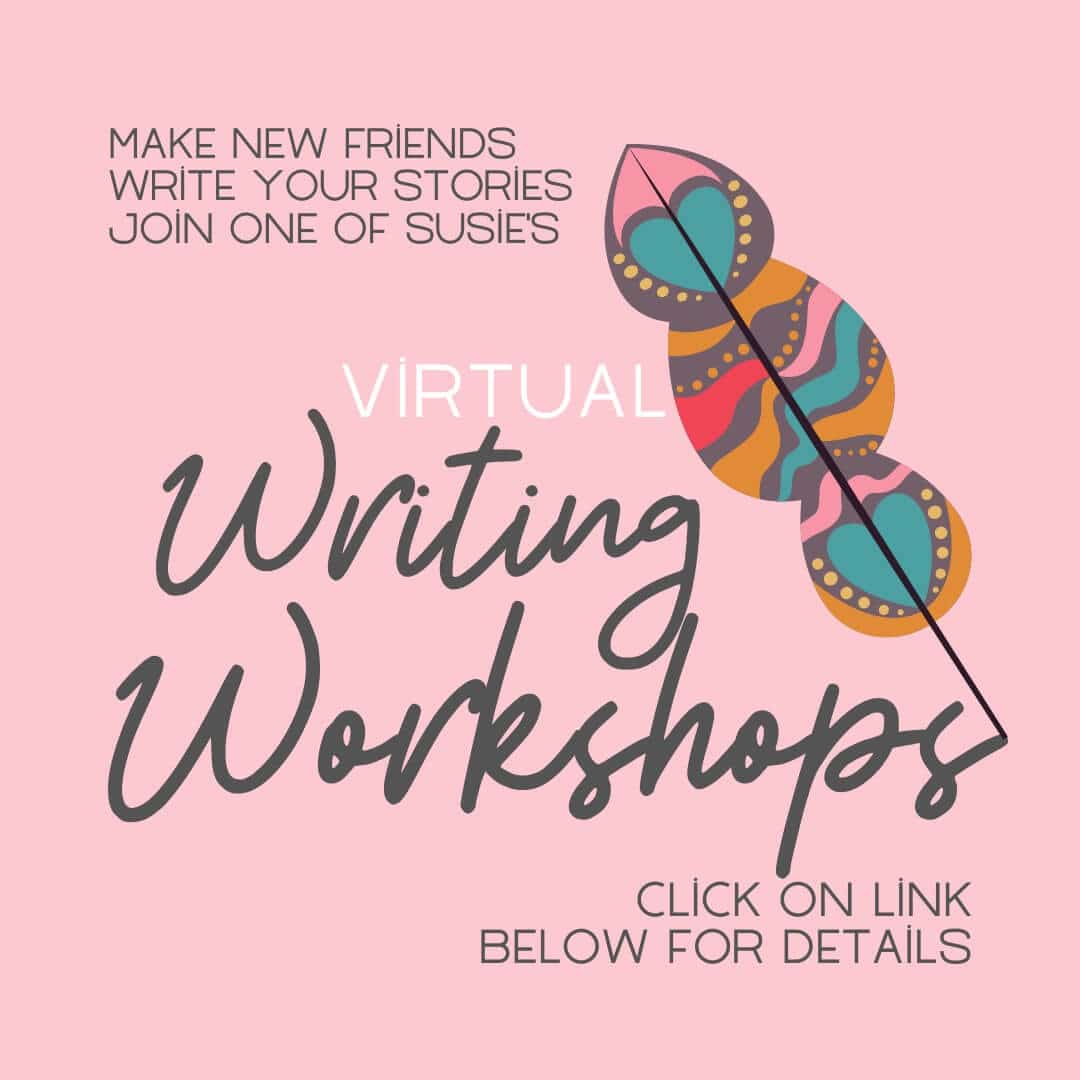2020

Susie Boyce, Utah
Against all odds, I managed to update my Facebook status about 24 hours after the accident.
Honestly, I was in no shape to do much of anything — walking, for instance. My dizziness was so severe it would be almost two weeks before I could navigate around the house without assistance. Staying awake was also pretty tough. I slept incessantly, waking up only long enough for brief conversations before falling back into dreamless sleep.
I could go on with a much longer list of symptoms, but suffice it to say I was in no condition to be on Facebook — or any screen of any sort. Aside from my dizziness and fatigue, a huge red flag should have been the illegible mumbo-jumbo of characters that appeared on my screen when I typed. I was a writer, and no stranger to a keyboard, but for reasons I couldn’t begin to fathom my fingers and brain had forgotten how to communicate with each other.
In retrospect, I now think that the misfiring between my brain and fingers wasn’t nearly as strange as the misfiring between my brain and, well, my brain. What I mean is, I didn’t see it as a red flag — I didn’t even think it was a little weird — that I could no longer type. Weird, I know. I just kept on trying, eventually resorting to the hunt and peck and then check (the screen) method. One letter at a time. It took forever before I was ready to hit the “post” button. When I finally did, this was my update (word for painful word):
“Went to Wal-Mart last night to pick up 3 doz donuts (for my son’s 12th bday) and ended up in an ambulance and at the ER. A (very) distracted driver of an SUV rounded a corner and plowed right into me in the parking lot. He was looking down and didn’t see me, didn’t even slow down. I have a nasty concussion and lots of bruising but a very grateful heart after the cop (who saw the security video of the accident) told me how very, very lucky I was.”
wasn’t nearly as strange as the misfiring between my brain
and, well, my brain
U ntil this week, it had been eons since I dared look back at what I wrote. But eight years later, in preparing to write this article, I figured a re-read was in order. By the time I was done reading, it felt like I had taken a punch in the gut.
I always knew how lucky I was to have survived the accident — especially with no broken bones or internal bleeding. The gut punch, then, had more to do with my realizing how little I truly understood about my injury back when I wrote that post.
It turns out that in all my painstaking hunting and pecking, I had completely omitted three details — as in, the most important details:
- First, I had been a pedestrian in the parking lot when I was hit (my car was parked and I was walking toward the entrance).
- Second, I had realized that the SUV was going to hit me milliseconds before it did, giving me just enough time to be fairly certain I wasn’t going to make it (thus planting the seeds for post traumatic stress disorder).
- And third, during my body’s crash landing onto the pavement, my head had hit first.
I’ll never know why I left the first two out. Maybe I was in shock. Or denial. Whatever the reasons, they can be explained — or not — by a head injury. That third detail, I explained by saying, “I have a nasty concussion.” (Months after the accident, I read the phrase “possibility of a minor concussion” in my hospital release records — talk about a gut punch.) I used the word “concussion” so casually, with monumental ignorance, literally having no idea what it would come to mean.
with monumental ignorance,
literally having no idea what it would come to mean.
I read the phrase “possibility of a minor concussion”
— talk about a gut punch
After seven years, I’ve recovered enough to write regularly again and would like to help others (albeit imperfectly and incompletely) who might be traveling similar roads. So, in an effort to bring awareness and compassion to individuals and families who are living in the wake of a traumatic brain injury (TBI) or concussion (‘minor’ and ‘major’ concussions are all brain injuries), I’ll be writing a series of articles discussing brain injuries/concussions, mental illness, atypical brain styles, and PTSD.
In the series, I’ll discuss my symptoms and how they affected me and my loved ones; the science and statistics behind brain injuries; and resources that have been and still are helpful to me and my family during our collective journeys of recovery.
it’s essential to understand that any impact to the head can affect us to the very core.
First and last and every second in between, it’s essential to understand that any impact to the head can affect us to the very core. In his article “Brain Injury Basics,” Michael Paul Mason says,
“Doctors say that traumatic brain injury (TBI) is a catastrophic condition, like burns, amputations, and spinal cord injuries. But TBI is different. It upsets life on multiple levels: physical, psychological, social, and even spiritual. TBI affects the roots of who we are — our ability to think, to communicate, and to connect with other people.”
ChAllenge
If something affects your or a loved one’s ability to think, communicate or connect with other people, surely it deserves our full attention.
So my first challenge to you is to pay attention. When you or someone you know says he or she feels “off” after a blow to the head, pay attention. Stay home. Sleep as much as needed. Don’t talk too much. Sleep some more. Stay off of screens and far, far away from social media accounts. Seriously. You’ll thank me later.
Published in KSL.com – HERE’s the link
What’s Next
Next article:
Traumatic brain injuries, part 2 — The anatomy of a TBI: Why so much fatigue and brain fog?
Author’s Note:
Everything I discuss about traumatic brain injury (TBI) in this series of articles is mine and mine alone. Injury and recovery journeys are unique, making it impossible for anyone to walk the exact same path. But in the event that our paths are similar, perhaps even crossing each other’s on occasion, my goal in writing these articles is to lend perspective and hope to fellow travelers.
Susie Boyce
